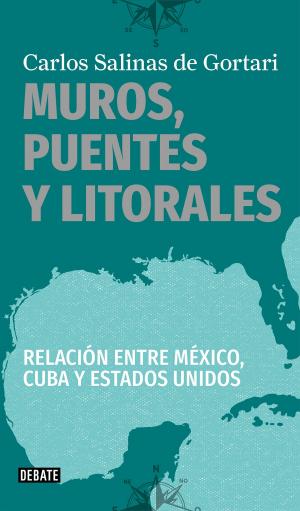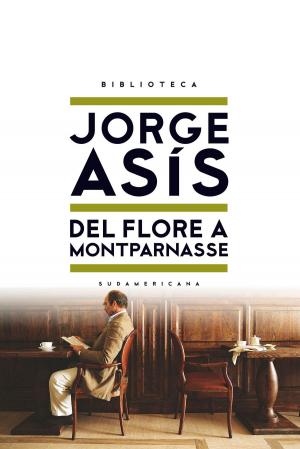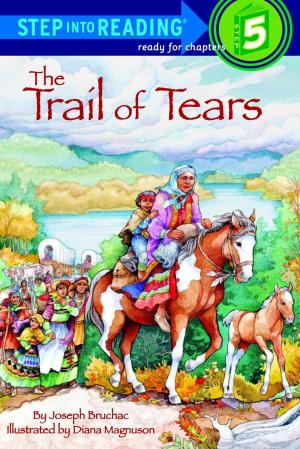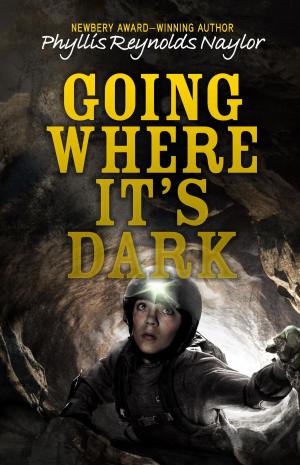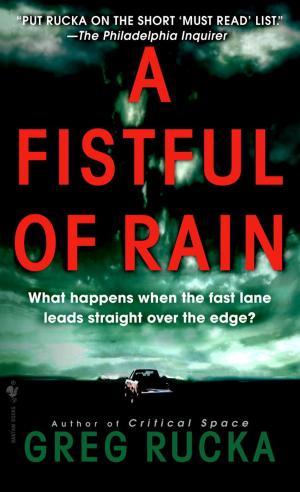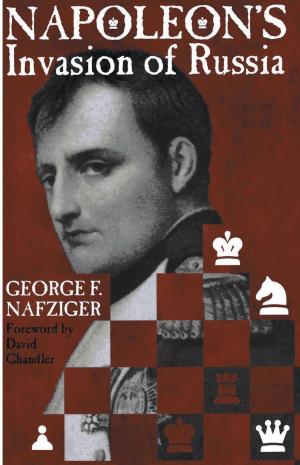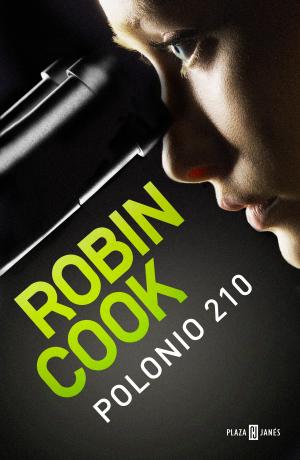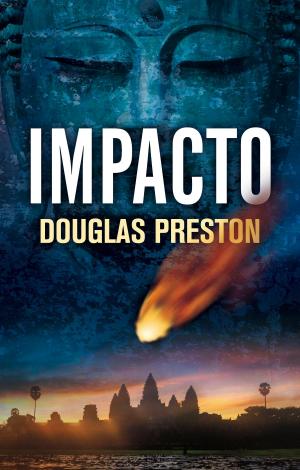| Author: | Dr G E R Lloyd | ISBN: | 9781448190317 |
| Publisher: | Random House | Publication: | August 31, 2013 |
| Imprint: | Vintage Digital | Language: | English |
| Author: | Dr G E R Lloyd |
| ISBN: | 9781448190317 |
| Publisher: | Random House |
| Publication: | August 31, 2013 |
| Imprint: | Vintage Digital |
| Language: | English |
In his previous volume in this series, Early Greek Science: Thales to Aristotle, G. E. R. Lloyd pointed out that although there is no exact equivalent to our term ‘science’ in Greek, Western science may still be said to originate with the Greeks. In this second volume, Greek Science after Aristotle, the author continues his discussion of the fundamental Greek contributions to science, drawing on the richer literary and archaeological sources for the period after Aristotle. Particular attention is paid to the Greeks’ conception of the inquiries they were engaged in, and to the interrelations of science and technology. In the first part of the book the author considers the two hundred years after the death of Aristotle, devoting separate chapters to mathematics, astronomy and biology. He goes on to deal with Ptolemy and Galen and concludes with a discussion of later writers and of the problems raised by the question of the decline of ancient science.
In his previous volume in this series, Early Greek Science: Thales to Aristotle, G. E. R. Lloyd pointed out that although there is no exact equivalent to our term ‘science’ in Greek, Western science may still be said to originate with the Greeks. In this second volume, Greek Science after Aristotle, the author continues his discussion of the fundamental Greek contributions to science, drawing on the richer literary and archaeological sources for the period after Aristotle. Particular attention is paid to the Greeks’ conception of the inquiries they were engaged in, and to the interrelations of science and technology. In the first part of the book the author considers the two hundred years after the death of Aristotle, devoting separate chapters to mathematics, astronomy and biology. He goes on to deal with Ptolemy and Galen and concludes with a discussion of later writers and of the problems raised by the question of the decline of ancient science.


